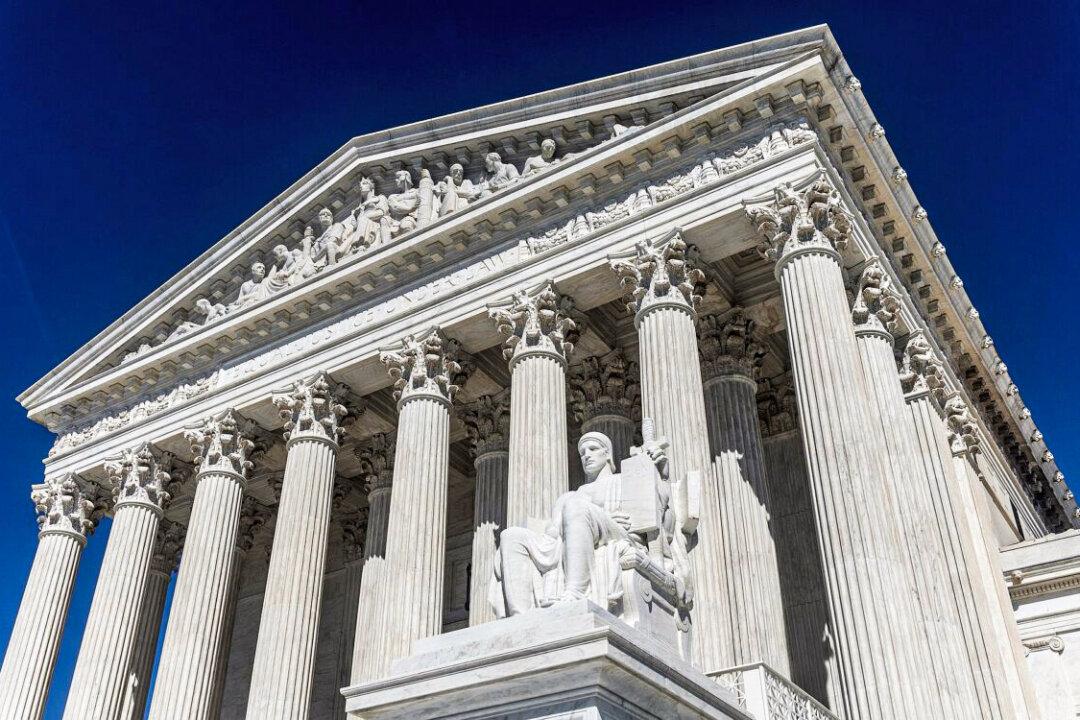The judge in a federal lawsuit on North Carolina’s voter photo identification law scheduled for trial on Jan. 24 has decided to delay the proceeding until the U.S. Supreme Court can decide in coming months whether North Carolina legislative leaders should be allowed to help defend the statute in court.
U.S. District Court Judge Loretta Biggs, an Obama appointee, ordered the trial delay on Dec. 30, saying it wasn’t reasonable to move forward without first obtaining feedback from the high court. Moving ahead prematurely could force the court to try the matter twice, “needlessly expending tremendous resources of time and effort” and possibly confusing voters, Biggs wrote in the court order.





